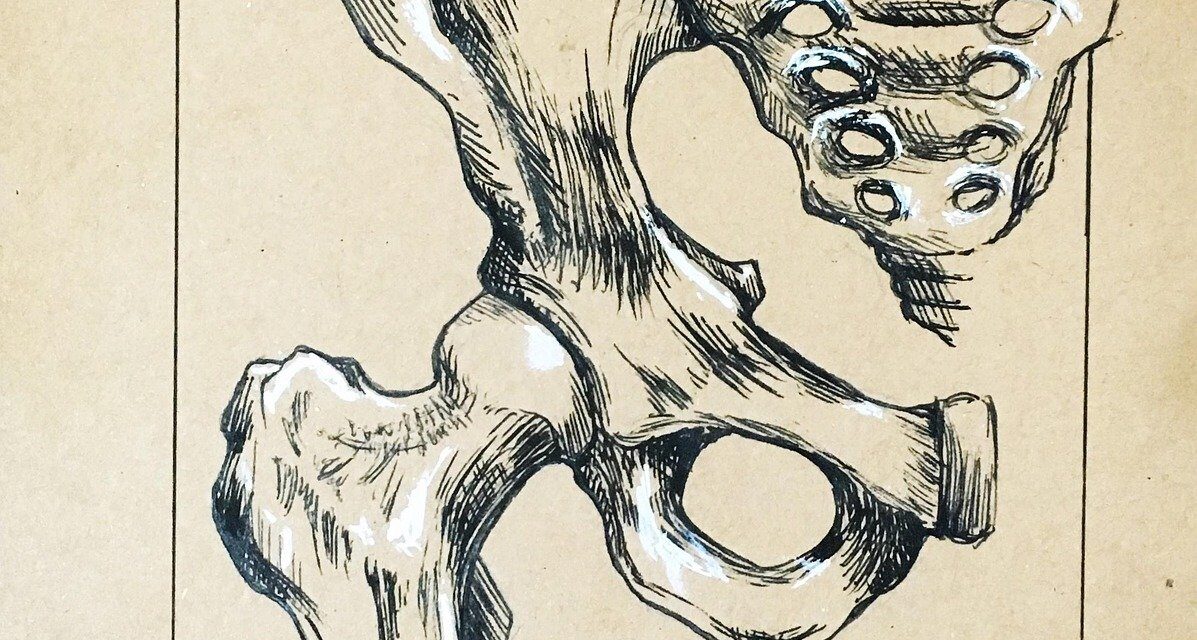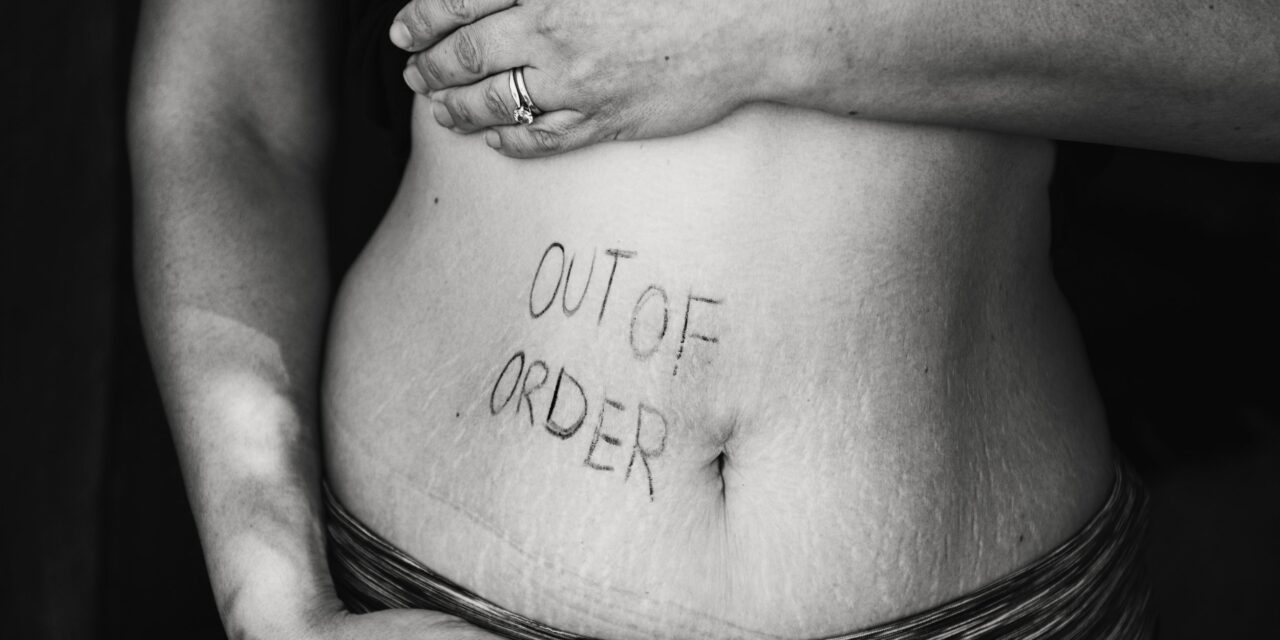1. Testicular pain Yes, men can benefit from pelvic physical therapy. Testicular pain is often not an issue with the testicle itself, but rather a presentation of a pelvic floor dysfunction. This may be due to pelvic floor muscle overactivity. Referral patterns of pelvic floor or even abdominal muscles can be into the testicles and...
Regular laxative use tied to increased dementia risk – how PT can help reduce the need for laxatives
March 27, 2023
Findings in a new study are now more than ever clearly defining the link between the brain and the gut microbiome. The study showed regular laxative use tied to increased risk of dementia. Researchers followed over 500,000 UK residents over 10 years and those that regularly used osmotic laxatives (stool softeners) or a combination of...
As many as 50% of people with chronic constipation have pelvic floor dysfunction. This dysfunction is commonly diagnosed as “pelvic floor dyssynergia,” which is a fancy way of saying the pelvic floor muscles are not coordinating correctly to have a bowel movement. When the muscles aren’t coordinated correctly, there is disruption in the signals our...
As pelvic physical therapists in Boulder County, functional constipation has been something treated in our clinics via various techniques. A new randomized controlled trial has shown one commonly performed intervention to be an effective first-line treatment for functional constipation. Functional constipation is defined by the Rome IV criteria. Rome IV criteria: Must include two or...
The scope of pelvic health physical therapy is wider than you may think. Pelvic physical therapy can help address a variety of gastrointestinal dysfunctions including: –constipation -IBS -bloating -abdominal pain -fecal incontinence -abdominophrenic dyssynergia -and more! One of the most researched and successfully treated GI dysfunctions in pelvic PT is constipation. Constipation is broken down...
Hemorrhoids are swollen veins in the anus and lower rectum and will affect about a third of Americans. While hemorrhoids typically resolve within a few weeks, they can be distressing and discomforting. Risk factors include chronic constipation and straining with bowel movements. Other research proposes it is not simply constipation, but rather high resting...
Endometriosis is a chronic inflammatory condition that affects 1 in 10 women of reproductive age worldwide. Classically, symptoms of endometriosis are painful menstrual cycles and chronic pelvic and abdominal pain, though a myriad of symptoms exist including rectal pain, abdominal bloating, back pain, bladder and bowel dysfunction, and pain with sex. Current treatment regimens for...
Bladder and bowel dysfunction in children is a common and multifactorial functional problem. It is one of the most common reasons for referral to pediatric urology, accounting for up to 40% of visits. This increasingly common issue is a potential cause for physical and psychosocial burden for both children and families. Early diagnosis and treatment...
Pelvic organ prolapse occurs when there is a lack of support from the muscles or connective tissues around the bladder, rectum or uterus (if applicable). Symptoms can include: sensation of pelvic heaviness or pressure in the vagina or rectum, incomplete emptying of the bladder or rectum, and more outlined here. Risk factors for prolapse include:...
What is pelvic organ prolapse and how do I know if I have it? Pelvic organ prolapse (POP) is the descent or tissue laxity of the front (bladder), back (rectum), or top (cervical) aspect of the vaginal wall. With less support from connective tissue and muscles of the pelvis, the bladder, uterus, or rectum can...




